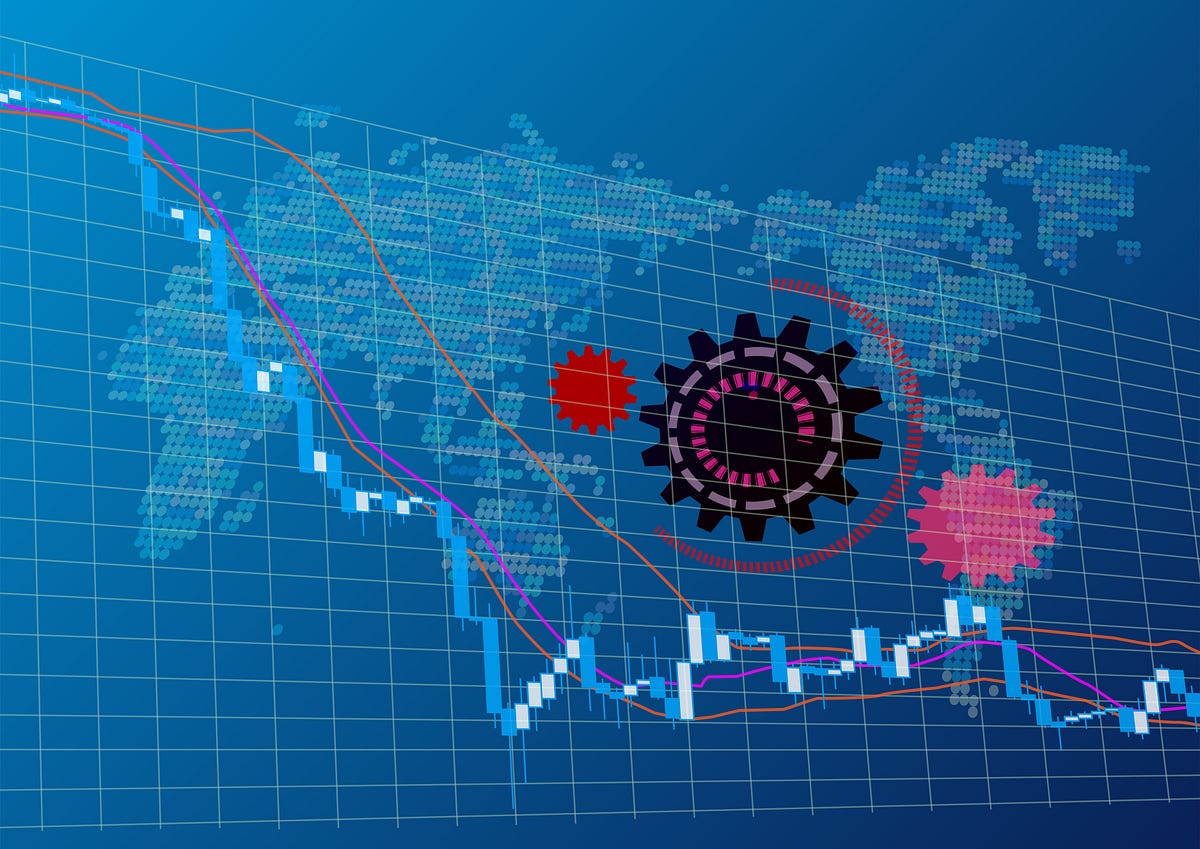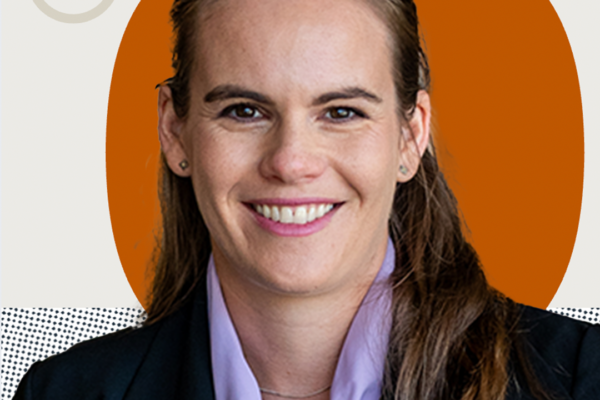Business Experts Weigh In on Coronavirus
How will COVID-19 impact health care, business, and society? Texas McCombs experts offer their thoughts on what to look for.

Global concerns around COVID-19 (coronavirus) continue to mount, with consequences for health care, business, and society as a whole. The family of viruses can cause the common cold or more severe diseases including COVID-19, which first appeared in late 2019 in Wuhan, China.
To identify the possible impacts of the virus, we recently spoke to several researchers on faculty at the McCombs School of Business.
Medical Supply Disruption and Grocery Hoarding
Ed Anderson, professor of Information, Risk, and Operations Management and head of the Texas McCombs Health Care Initiative
“The important thing is to slow how fast the disease spreads. If we can do this, we’ll reduce the peak number of sick people. This is important. Otherwise, we’ll end up having a lot of people in the hospital who have acute problems at one time, which will cause serious problems because of lack of beds, medicines, and supplies. Saline bags, which are used to rehydrate patients, are a great example. We assume a relatively predictable rate per year of usage and when it gets higher than what we expect, we can run out of it.”
“It’s well known from other crises, such as natural disasters, that people buy up as much in the way of consumables as they can. Once hoarding begins, other people realize that they may not be able to get groceries in the future. So they also begin hoarding, creating a vicious cycle. Because the coronavirus is seen as a longer term problem, consumers stock up first on groceries that will last a long time, like rice, beans, and canned foods. Once those have all disappeared from shelves, people turn to hoard more perishable items, such as eggs and then finally clean out fresh produce. So why did toilet paper go before rice and beans? Because it never goes bad, and there are no perishable substitutes. Consumers keep using up their toilet paper, unlike canned foods. So they need always need to buy more, which immediately kicks off the hoarding cycle again, and there is no more toilet paper in stores anywhere.”
Communicating the Facts
John Daly, Liddell Centennial Professor of Communication and professor of Management, studies practical ways of improving communication skills
“Facts fight fear. Any sort of rumor is caused by four variables: No. 1 is anxiety, No. 2 is ambiguity, No. 3 is feeling like it’s important, and No. 4 is who I hear it from. The research suggests if any of those goes to zero, rumors dissipate. As a leader, you can’t tell people not to worry. That means they should worry. You can’t tell people it’s unimportant. That’s a personal decision. You can’t tell them not to trust their friends. The only thing you can do is manage the ambiguity, and that means getting information out.
“To simply say ‘don’t worry’ is not effective. You can tell people the risk is very low and explain what they can do to protect themselves to some degree, like washing their hands. Telling them what they can do to alleviate the risk is much wiser. It gives them gives them something to do — and people want something to do in these situations.”
Energy Prices
Ehud I. Ronn, professor of Finance and co-director of the Energy Management and Innovation Center, focuses on the valuation of energy commodity-contingent securities
“It’s likely the decline in oil and gas markets is attributable to the global demand-shock of the coronavirus. But I would advocate caution: There’s always the possibility a recession was in the offing even before the onset of the crisis — although perhaps not as sharp as the markets are currently displaying. Prior to February, we had had a terrific 10-year run.
“Relative to gas prices in mid-February, in the near-term prices at the pump may decline by as much as 43 cents per gallon. But longer term, the decline may be no more than 8 cents per gallon. If and when the economy recovers, then prices may actually go up relative to prices in mid-February.”
Decision-making Amid Uncertainty
Francisco Polidoro, associate professor of Management, studies risk and uncertainty:
“Usually, predictions inform decisions. But in times of uncertainty, when future states of the world remain unknown, the key is remaining flexible.
“A good strategy under conditions of risk may turn out to be less than ideal under conditions of uncertainty. This applies to health care delivery, the decision to reopen a local economy, or to maintain social distancing.
“Epidemiologists and experts shaping the country’s coronavirus response have emphasized the importance of making decisions based on data. Epidemiologists seem to agree that new epicenters of the virus will arise, although it remains uncertain exactly where and when. In one of his recent interviews, Dr. Fauci mentioned the problem of making “predictions,” since they are bound to be incorrect. As data accumulate, uncertainty can eventually turn into risk, and we can once again make predictions. The problem is making decisions beforehand. It’s easy to close an economy when we can see the cost of keeping it open, but it’s a different challenge to make the decision when we don’t have data supporting that decision.”
Convention Cancellations
John Doggett, senior lecturer in Management, researches and teaches international entrepreneurship, with an emphasis on China
“Conventions are a crucial part of our economy. Attendees spend a lot of money on flights, hotels, rental cars, rideshares, food, and restaurants. Then there are the airport businesses tied to serving passengers that are not making any money. With any serious conference, you’re talking a minimum impact of tens of millions of dollars.”
Corporate Impact
Bradley Gold, lecturer in Business, Government, and Society, is an expert in global economies, international business, and trade
“The coronavirus has generated a substantial amount of bad news from economic markets, but the total worldwide economic impact will be a patchwork of success and failure. In an economic crisis of any size, risk management, attention to values, and revisions of corporate goals tend to separate the companies that ultimately succeed from those that fail. So, at an individual business level, there will be winners and losers, and some companies that defy market trends. The winners will be those that plan, act, and react with the brand of thoughtful intelligence and creativity that we promote both in and out of the classroom in Austin.”
About this Post
Share:


